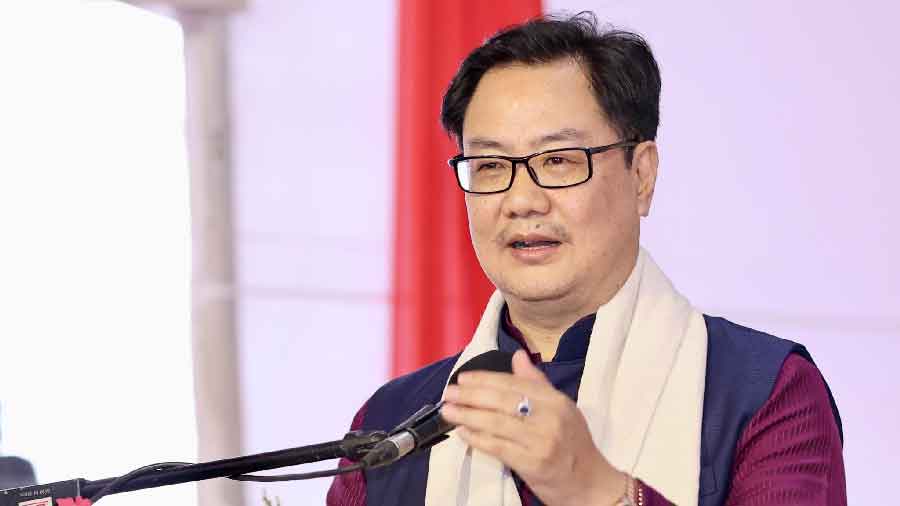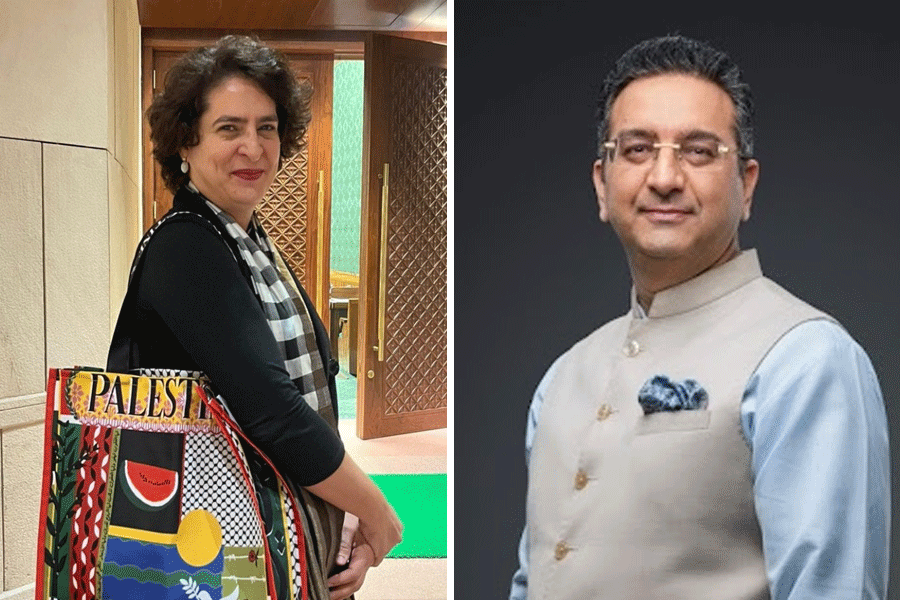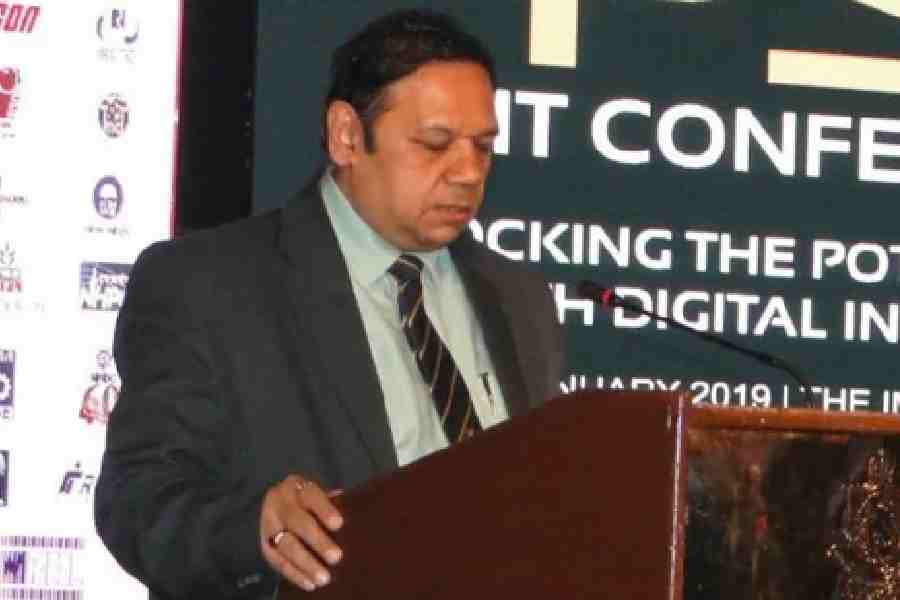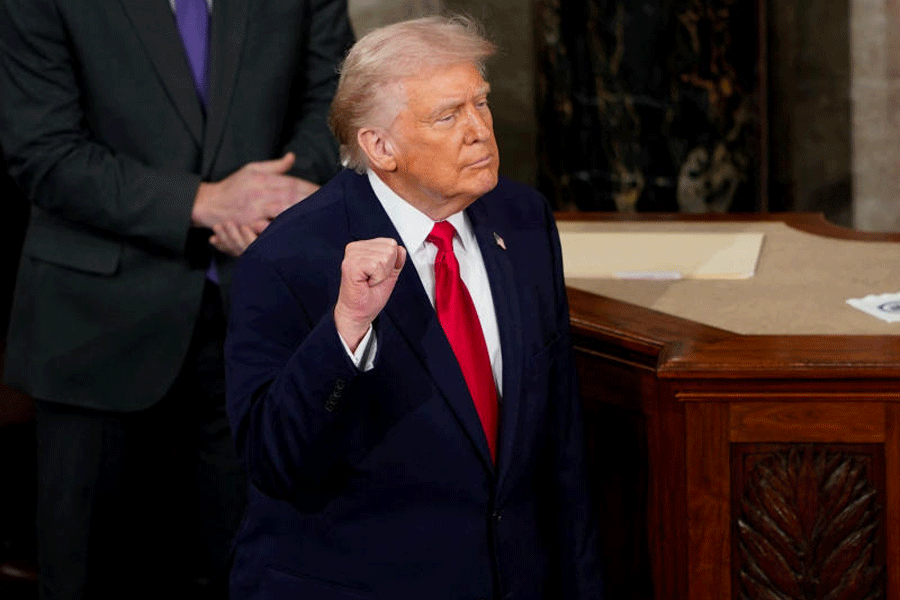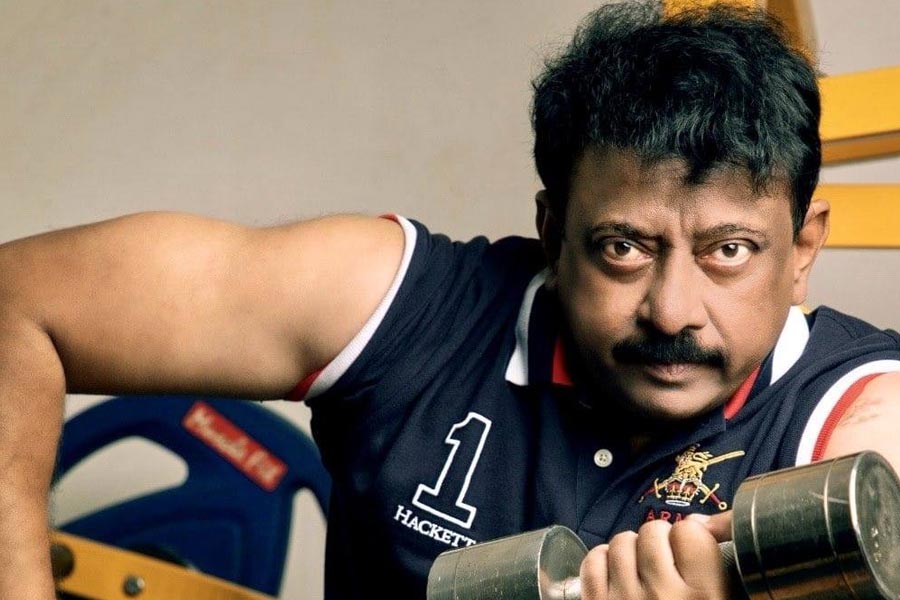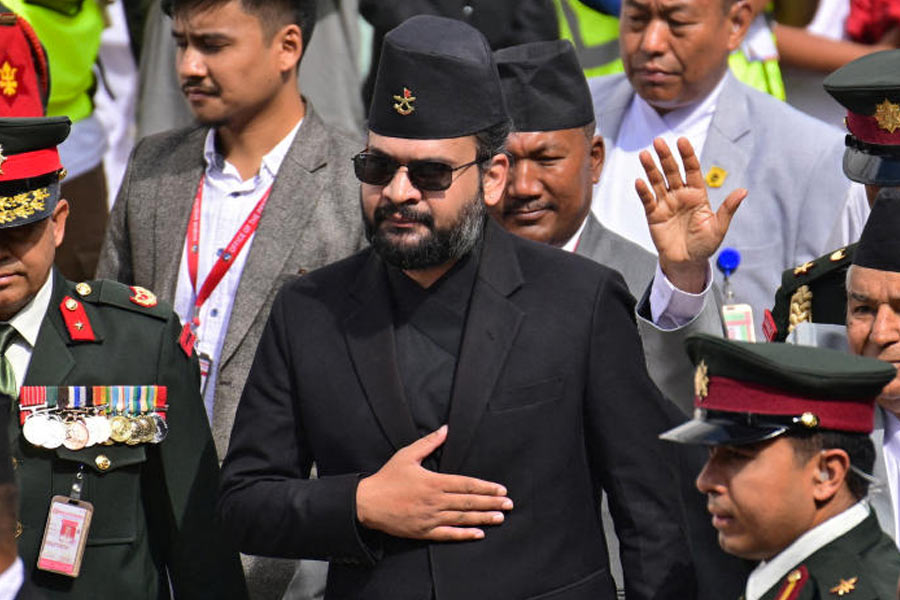Against the backdrop of the Election Commission pushing for electoral reforms, including the one which seeks to bar people from contesting from more than one seat, Law Minister Kiren Rijiju on Thursday held a review meeting with senior poll panel officials and his ministry's legislative department.
The legislative department is the nodal agency to deal with issues related to EC.
In a tweet, Rijiju said he held a review meeting with officials of Election Commission and legislative department on various issues relating to electoral reforms.
In the recent past, the EC had proposed bringing down anonymous political donations from Rs 20,000 to Rs 2,000 and cap cash donations at 20 per cent or at a maximum of Rs 20 crore to cleanse election funding of black money.
Chief Election Commissioner (CEC) Rajiv Kumar had written to Rijiju recommending a slew of amendments in the Representation of the People Act.
The proposals are aimed at ushering in reforms and transparency in donations received by political parties, and also the expenditure incurred by candidates trying their luck at the hustings. Reviving a nearly two-decade-old proposal, the Election Commission has also made a fresh push for amending law to bar people from contesting from more than one seat and has said that if it cannot be done, then a hefty fine should be imposed on those vacating one of the constituencies and forcing a bypoll.
As electoral law stands today, a candidate is permitted to contest an election from two different constituencies in a general election or a group of by-elections or biennial elections. If a person is elected from more than one seat, then the person can only hold on to one of the seats that he or she won.
Amid a debate on the freebies, the Election Commission had a few months back proposed amending the model code to ask political parties to provide authentic information to voters on the financial viability of their poll promises.
But sources aware of the meeting said it was not discussed and was not part of the agenda.
The poll panel has batted for lowering the threshold limit for cash donations made to political parties from Rs 20,000 to Rs 2,000.
According to rules in force currently, political parties have to disclose all donations above Rs 20,000 through their contribution report that is submitted to the EC.
If the EC's proposal is approved by the Law Ministry, all donations above Rs 2,000 shall be reported through the contribution report, thereby enhancing transparency in funding.
The Commission found that while donations reported by some political parties were nil, their audited accounts statement showed receipt of huge amounts, proving large-scale transactions in cash, below the threshold limit of Rs 20,000.
The EC has also sought to restrict cash donations at 20 per cent or at maximum Rs 20 crore out of the total funds received by a party, whichever is less.
As part of bringing transparency in the expenditure made by individual candidates contesting polls and to remove "fungibility" in this expenditure, the EC has sought that digital transactions or account payee cheque transfers should be made mandatory for all expenses above Rs 2,000 to a single entity/person.
Government sources said once this amendment -- to be made in Rule 89 of the Conduct of Election Rules, 1961 -- is carried out, a candidate would have to maintain a separate account for receipt and payments related to elections and the same has to be transparently disclosed to authorities, as an account of election expenditure.
As of now, maintaining a separate bank account for poll expenditure is part of instructions but EC wants it to become part of Conduct of Election Rules.
The EC has also sought electoral reforms to ensure that no foreign donations creep into the funds of the parties as stipulated under the RP Act and the Foreign Contribution Regulation Act (FCRA), 2010.
Sources had earlier said that at present, there is no mechanism to segregate foreign donations at the initial stages specifically, and the present format of contribution report is "not equipped" to seek additional information.
The Commission, therefore, has sought for a broad discussion on the subject between different stakeholder ministries to come up with a mechanism to identify and deter prohibited foreign donations.

